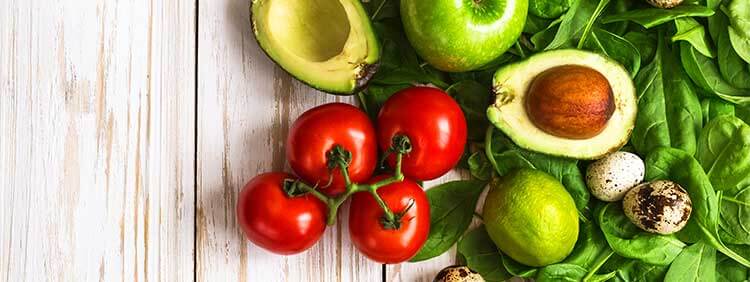Reducing stressors in your life can significantly improve your chance at lasting sobriety. So much of how we process our emotions rely on the chemical makeup occurring inside our body. By reducing the stress hormone, cortisol, we can get out of a chronic stress environment and manage our feelings and reactions much more effectively. In this series we will discuss four main ways to decrease cortisol- through our food, through physical exercise and sleep, through mindfulness, and by connecting with others, ourselves and nature. These things come together to prevent relapse in addicts.
Our bodies are truly amazing and were designed to protect us from danger, giving us the best advantage for survival. The “fight or flight” response is an urgent stress reaction that tells our bodies we need to leave a situation. In this moment, norepinephrine and epinephrine are released giving us that quick burst of adrenaline. These hormones quickly go away, and our body follows up with a blast of cortisol. When we are in constant crisis mode, cortisol fills our body and never fully goes away. Because cortisol receptors are in nearly every cell, this hormone impacts every system in our body and the health risks are vast. Everything from diabetes, heart disease, infertility, immune disorders, brain fog, mood swings, anxiety, and depression have been linked to increased cortisol levels.
One effective way to reduce stress hormones is by actively watching what we eat on a daily basis.
1. First, try to eat a diet that consists of real, unprocessed foods. Foods like berries, garlic, olive oil, turmeric,
or wild-caught salmon protect the brain while also reducing cortisol levels naturally.
2. Second, eat gut-healthy foods. Prebiotics which are fibrous foods and Probiotics are live bacteria that encourage healthy gut bacteria and are critical to protecting your body while improving your mood. Prebiotic foods include bananas, lentils, asparagus, tomatoes, and dark chocolate. You can get healthy probiotics in foods like yogurt and fermented food like sauerkraut.
3. Drink plenty of water. Dehydration is a physical stressor on the body so keep water nearby and drink it often.
4. If you need your morning caffeine, switch from your cup of coffee to tea. It can actually take our bodies up to 10 hours to metabolize only half of the caffeine that we consume. Drinking soda or energy drinks will not only increase cortisol but the sugar will trigger a boost in the hormone for up to 5 hours after consumption. Drinking tea will still give you the caffeine boost that so many of us rely on in the morning but it also releases two unique relaxing chemicals that both block the formation of cortisol and increases a relaxation neurotransmitter called GABA. (Dr. Shawn Talbott, author of The Cortisol Connection Diet)
AKUA encourages proper nutrition at all stages of recovery. We teach our clients how to make healthy choices and even have a personal chef that prepares brain-healthy foods to aid in sobriety.
24/7 ADMISSION HELPLINE 888-629-6707




